Let’s be honest—there’s a lot of misinformation floating around in farming groups when it comes to permits and regulations for poultry in Florida. From one homesteader to another, I get it—it’s confusing, it changes, and navigating state websites isn’t always fun.
But here’s the thing: when we get it wrong, we risk hurting our flocks, our businesses, and the reputation of small farms doing things right.
This post is designed to break down the most common Florida poultry permits, what they’re for, and who actually needs them. Whether you’re raising a few backyard birds or scaling a poultry operation, here’s what you should know to stay legal, ethical, and educated.
1. National Poultry Improvement Plan (NPIP)
What is it?
The NPIP is a voluntary federal-state program designed to monitor and control poultry diseases like Pullorum-Typhoid and Avian Influenza. It’s all about ensuring the health of your flock and the biosecurity of your farm.
Why it matters:
- You need NPIP certification if you want to legally ship hatching eggs, chicks, or adult birds across state lines.
- Many shows, fairs, and reputable breeders require NPIP participation.
Requirements:
- Application through Florida Department of Agriculture and Consumer Services (FDACS)
- Premises inspection and approval
- Annual testing for Pullorum-Typhoid
- Proper biosecurity and recordkeeping practices
Bonus: If you’re NPIP certified, you’re seen as a more trustworthy source for breeding stock and eggs.
2. FDACS Limited Poultry and Egg Farm Operation Permit
What is it?
This permit allows small-scale farmers to process and sell poultry and eggs directly to consumers without going through large commercial facilities.
Why it matters:
It keeps your business legal and compliant, and opens doors to selling at farmers markets, online, and through local delivery.
Requirements:
- Must apply for a Food Establishment Permit through FDACS
- Facility must meet sanitation and processing standards
- Labels and packaging must follow food safety guidelines
This permit empowers small farms to process up to 20,000 birds per year for direct sale under state-approved conditions.
3. Florida Fish and Wildlife Conservation Commission (FWC) Permits
If you’re keeping, breeding, or selling any non-traditional, wild, or exotic poultry, this is your lane.
Captive Wildlife License (if applicable):
- Required for native or exotic species classified under FWC regulations.
- Not usually required for standard poultry like chickens, ducks, or quail—but check if you’re working with wild game birds, ornamental species, or exotics.
Game Farm License:
If you’re raising game birds like pheasants, chukar, or bobwhite quail for sale, release, or hunting preserves:
- You may need to register as a game farm
- The property must be enclosed and under 2,000 acres
- Facilities are subject to inspection
FWC also manages movement, possession, and sales of regulated wildlife. Be sure you’re not unintentionally breaking laws by raising or selling species without the proper permit.
What about Coturnix quail and other Quail species?
There’s information in my latest book, and you are welcome to check it out, but here’s a cheat sheet if you need it!
4. Feed Master Registration
What is it?
Any person or business distributing commercial animal feed in Florida is required to register as a Feed Master with FDACS.
Why it matters:
If you’re selling or repackaging feed—especially formulated or medicated feed—this is not optional. It’s especially important for breeders offering custom blends or running educational feed mills.
Requirements:
- Submit a Feed Master Registration application
- Renew annually (license expires June 30 each year)
- Must follow Florida feed labeling and safety regulations
5. Poultry Movement Requirements (Across State Lines)
Planning to ship birds or eggs out of Florida?
Here’s what you need:
- NPIP Certification OR Pullorum-Typhoid test results from the last 12 months
- Proper health documentation depending on the destination state
- Clean, labeled transport packaging that meets USPS, airline, or commercial shipper standards
Florida also has its own rules for incoming birds, so if you’re importing, make sure to comply with state testing requirements.
So, What Permits Do You Need?
Here’s a quick cheat sheet based on your operation:

Final Thoughts
I know—permits aren’t fun. But they’re necessary. They protect your animals, your customers, and your farm. More importantly, they set a standard for ethical, educated agriculture that helps all of us—not just the big guys.
Before you take someone’s word for it in a Facebook group, check the actual regulations. Your local extension office, FDACS, and FWC are just a phone call or email away. And if you’re truly unsure, ask someone who’s doing it right.
Because we’re not here to cut corners—we’re here to raise the bar.
If you need consultation or help, please contact me. You can find me at www.stellargamebirds.net in the contact us section.


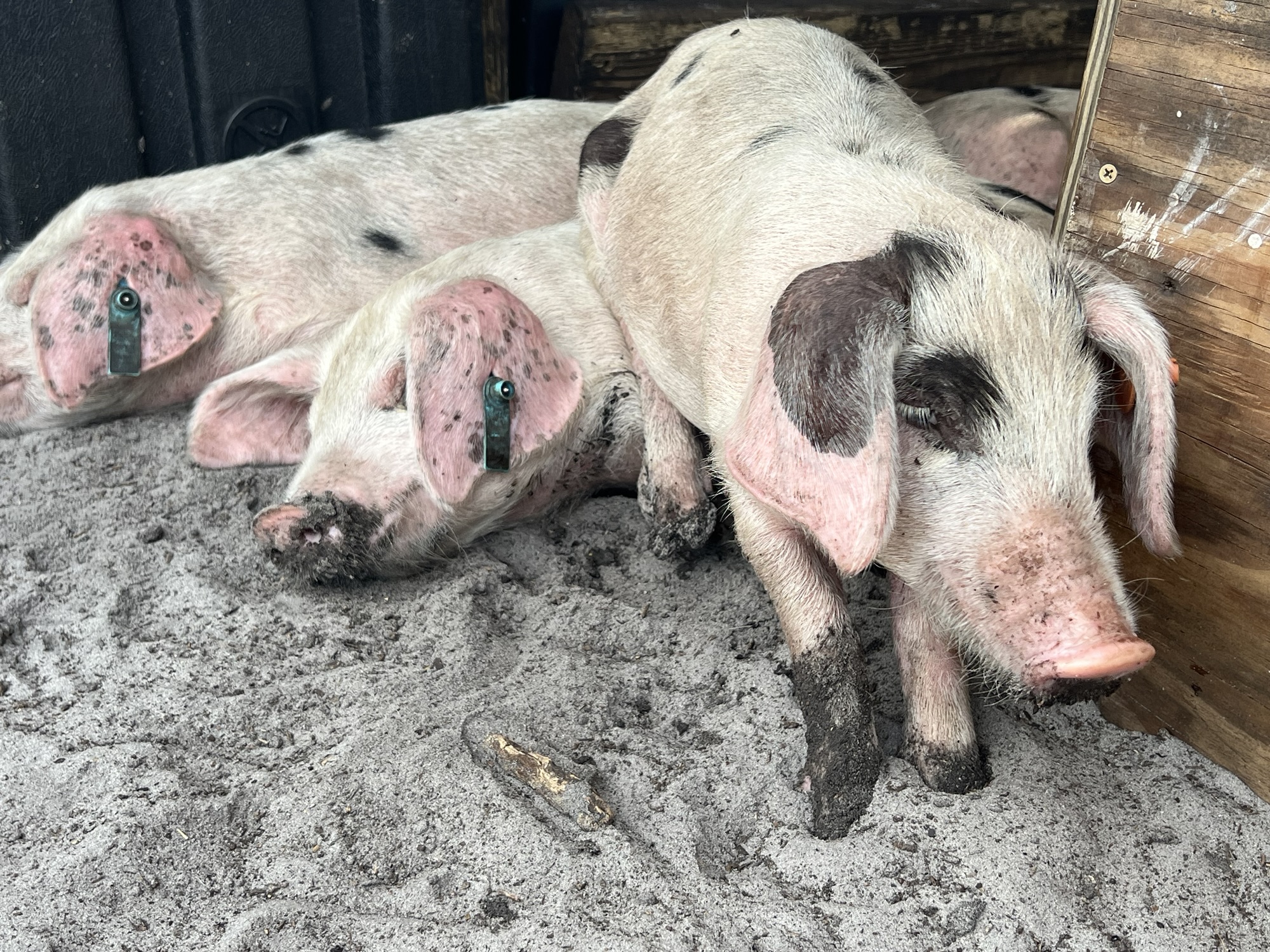
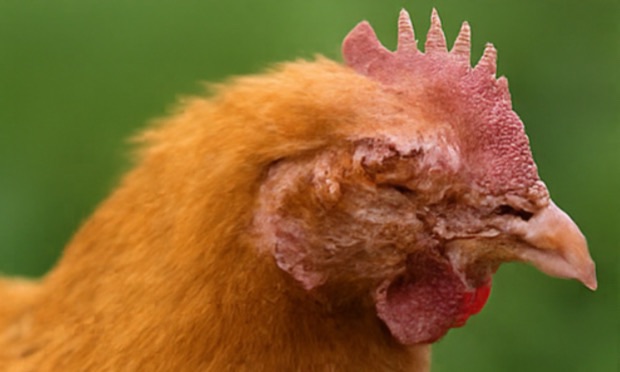
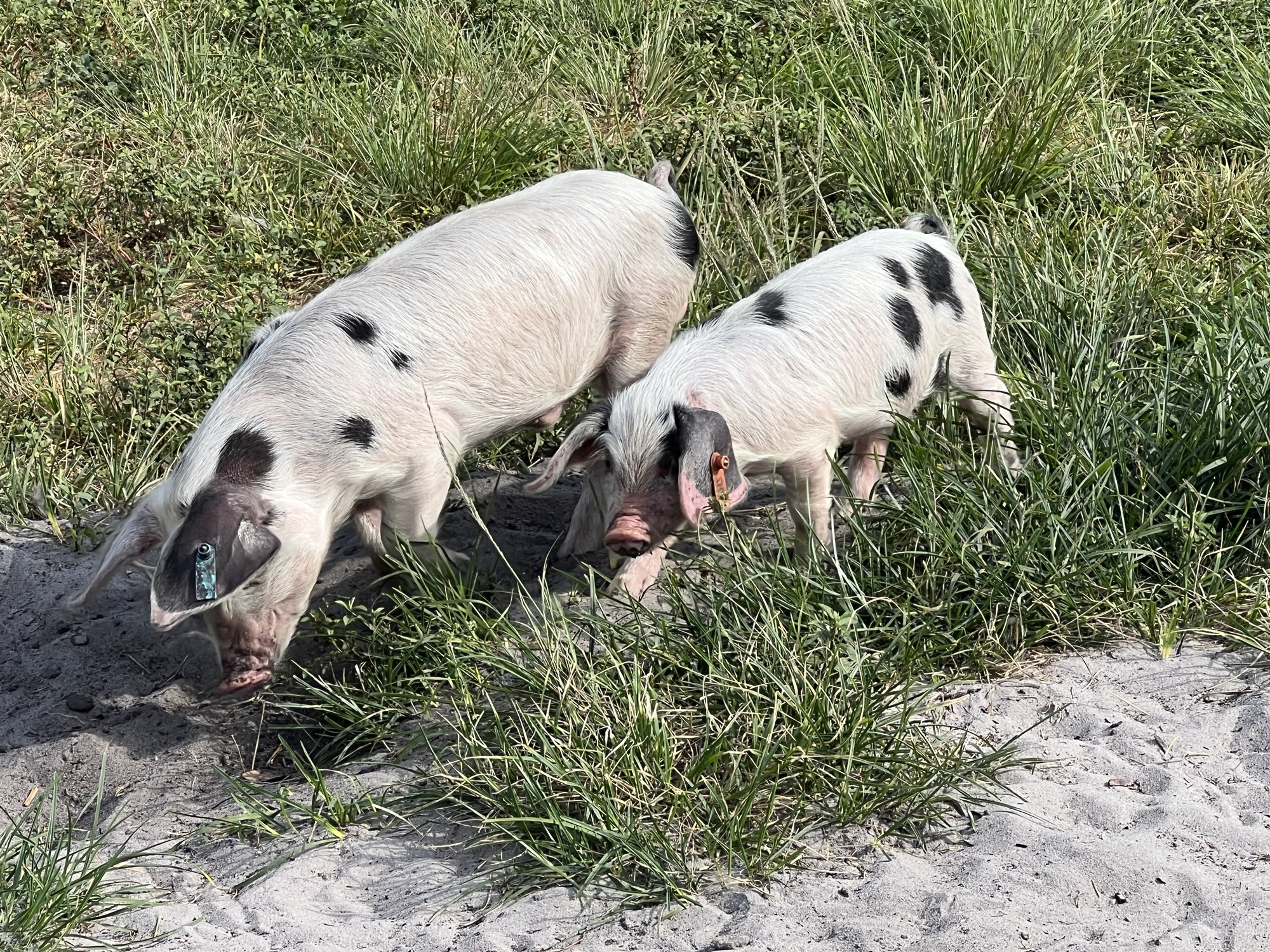
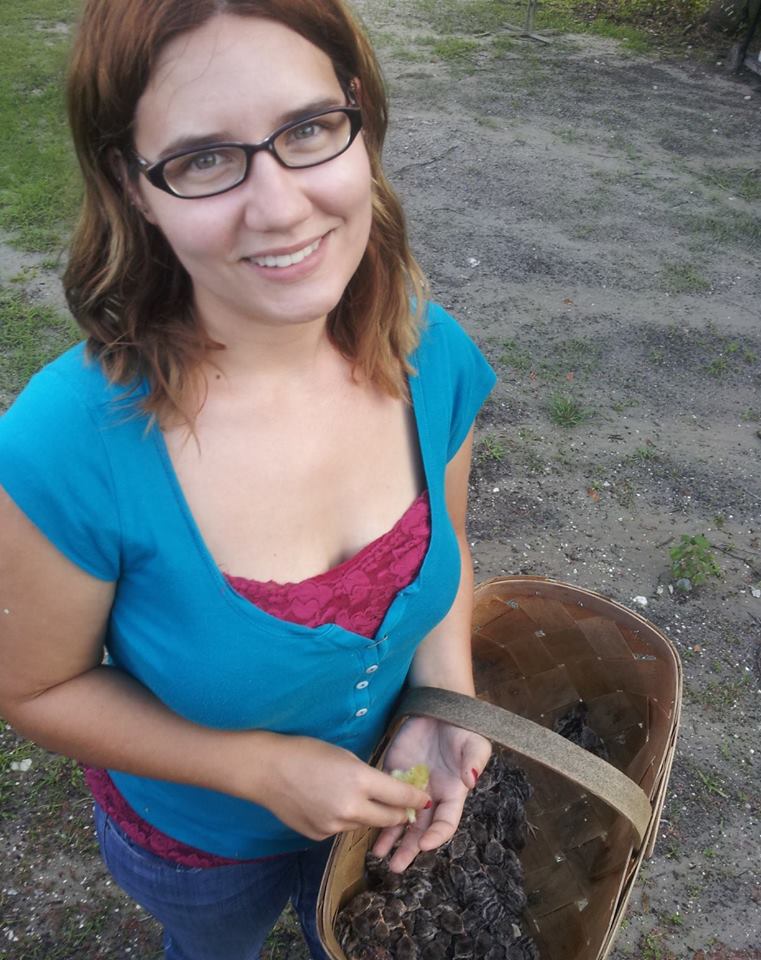



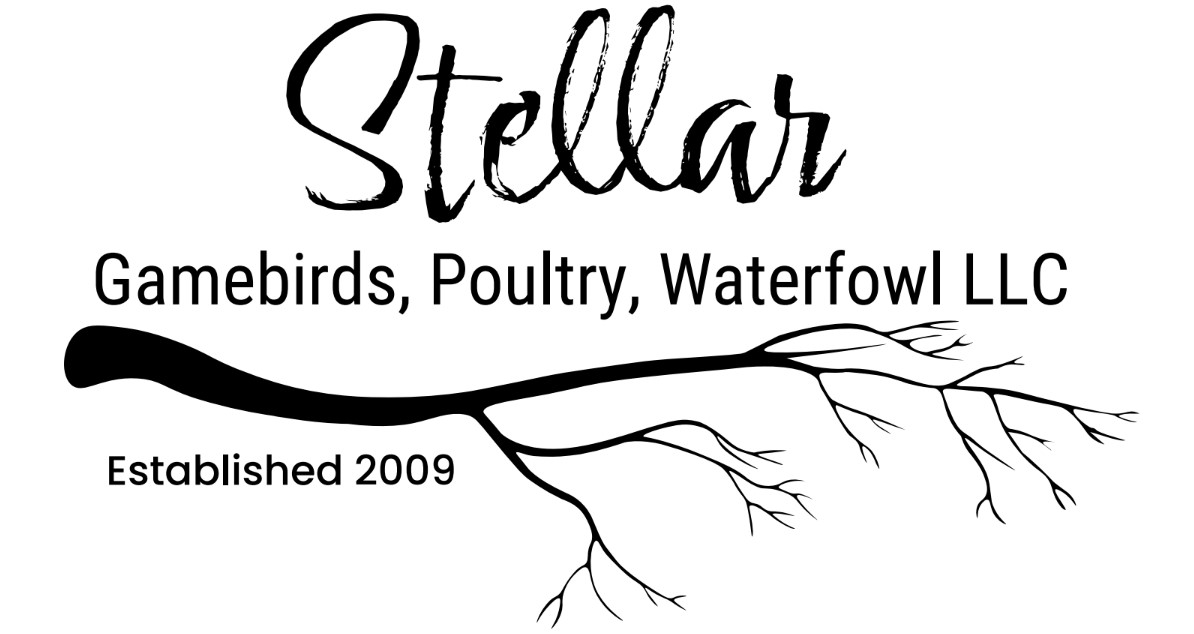

Recent Comments